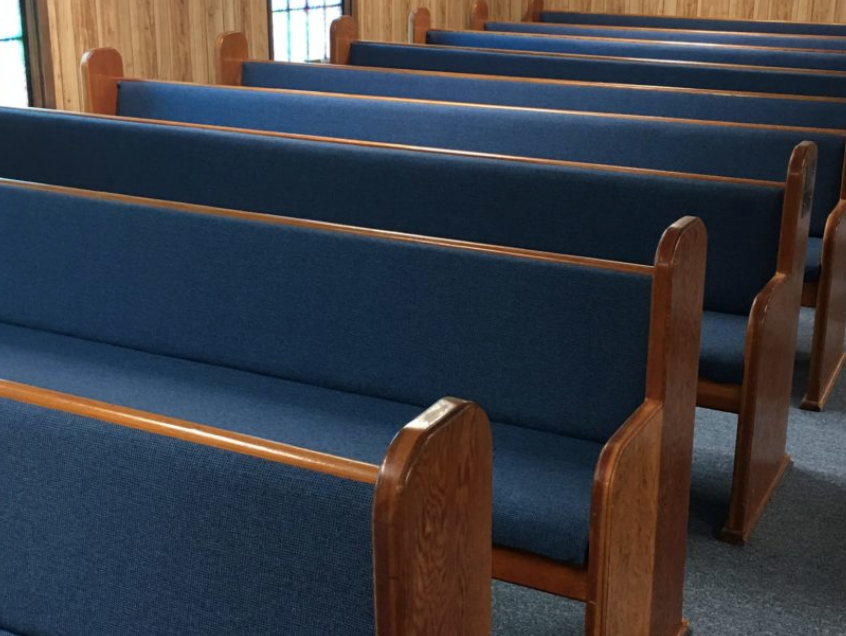Mother Teresa was having a bad press conference.
Journalists gathered for her 1989 Denver visit seemed determined to ask a litany of questions about her views on every imaginable issue in world affairs and American politics. The soft-spoken, yet often stern, nun seemed confused and kept stressing that her Missionary Sisters of Charity would always focus on the needs of the needy and the sick, including those suffering from AIDS.
One television reporter even asked if the day's main ecumenical event — a "Celebrate Life with Mother Teresa" prayer rally — would include a Mass. Once again, the tiny sister from Calcutta was confused. How could there be a Catholic Mass if the rally included Lutherans, Baptists, Episcopalians, Pentecostal believers and clergy from other churches?
"We will pray together," she said. "That is what we can do."
I raised my hand and asked another question that I knew she might not want to answer. I had heard that she had privately toured Northeast Denver, an impoverished area hit hard by gangs. Might she open a mission there?
Mother Teresa smiled, but gently deflected the question, noting that Denver had recently been added at the end of a long list of dioceses worldwide making just such a request.
What happened next was a singular moment in my journalism career, one that awkwardly blurred the lines between the personal and the professional.
Why bring this up right now?










